The Galaxy S25 Knows Me More Deeply, And This Is Why I Don’t Mind Trusting Samsung
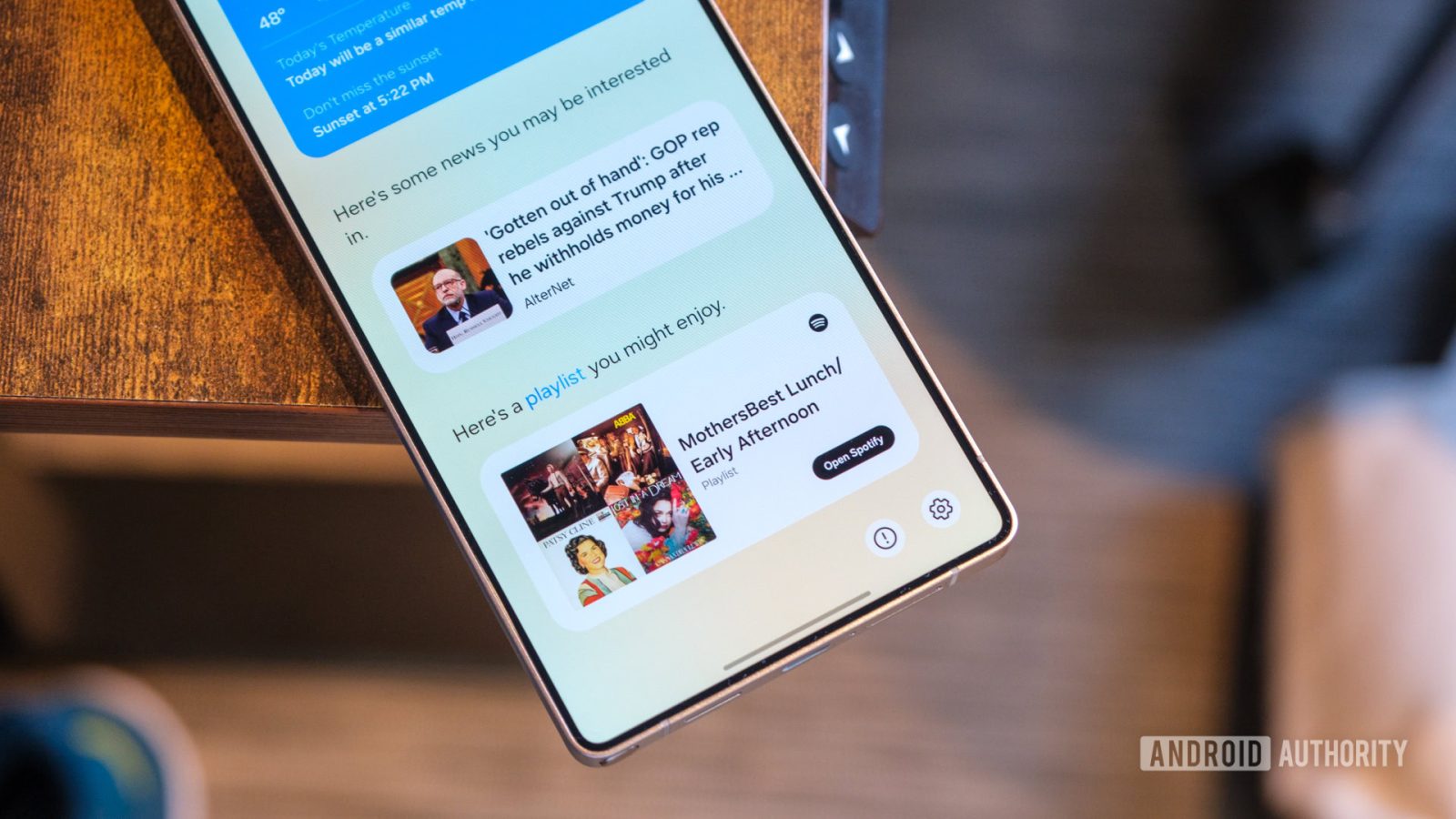
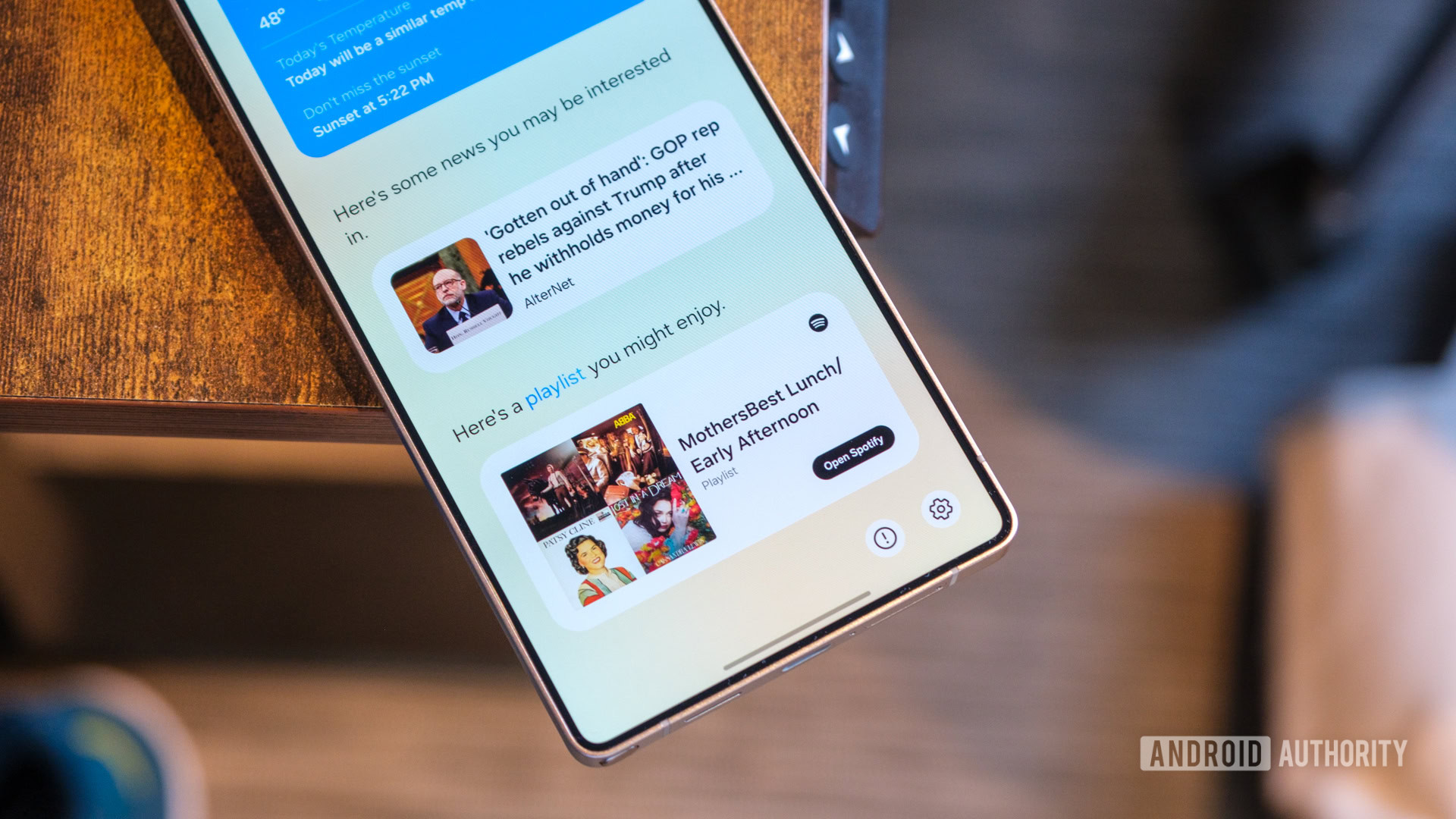
Ryan Haines / Android Authority
When Samsung announced the Galaxy S25 series a few short weeks ago, the company unsurprisingly placed a heavy emphasis on AI. Unlike prior generations, however, Galaxy AI’s latest iteration is getting a personalized spin that will take your preferences and smartphone usage habits into account. Powering all of these new features is what Samsung calls the Personal Data Engine and it feels like the South Korean giant’s response to the privacy-focused aspects of Apple Intelligence. So what does the feature do and should its presence motivate you to buy a Galaxy phone over the competition? Let’s take a closer look.
What is Samsung’s Personal Data Engine?
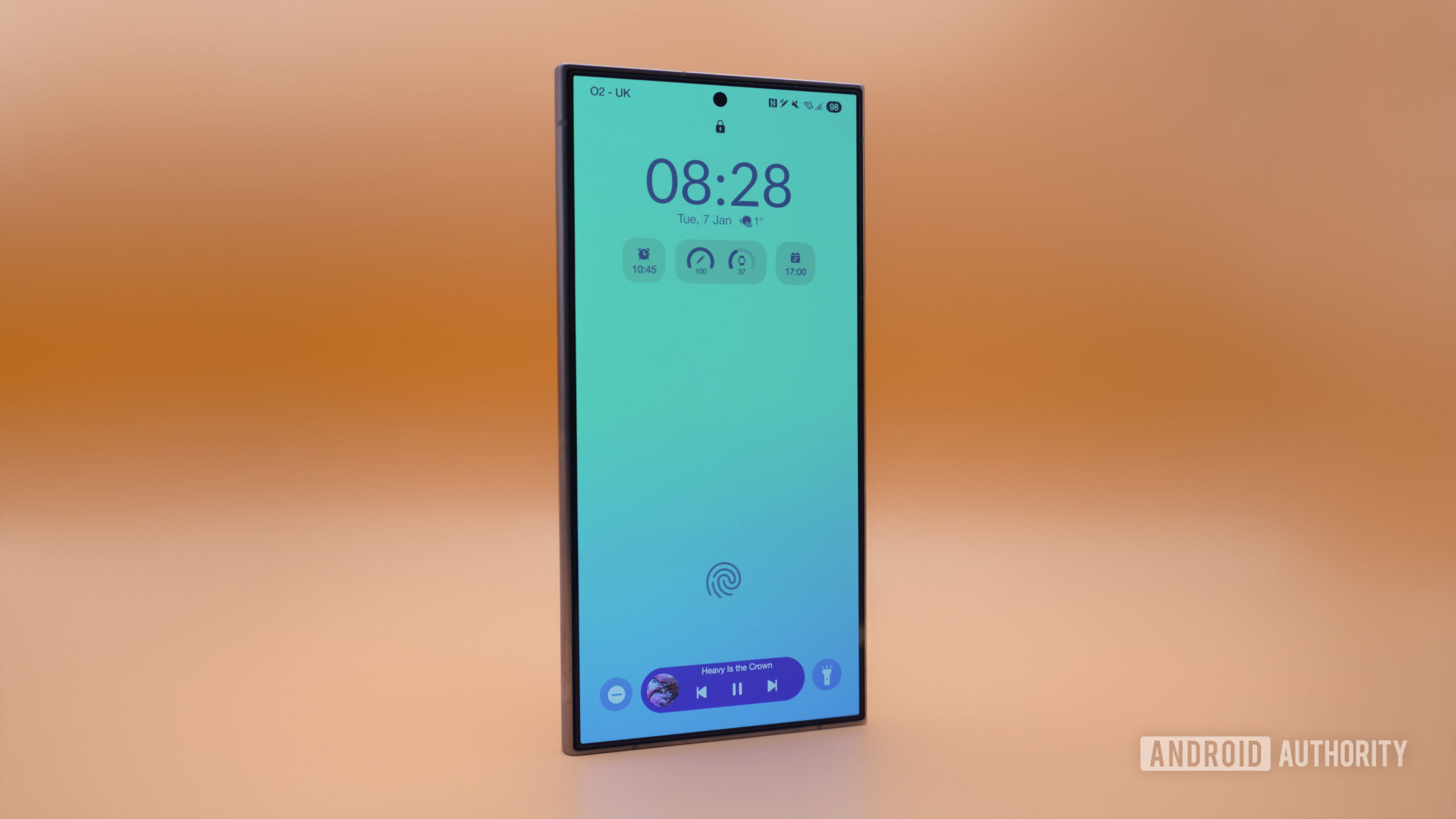
Zac Kew-Denniss / Android Authority
Samsung has a long history of integrating subtle security and privacy features in its products, many of which go largely unnoticed for a while. Take Knox, for example, which has been a mainstay of Galaxy devices for over a decade at this point. Originally aimed squarely at the enterprise market, which was slowly migrating away from BlackBerry at the time, Knox was ahead of its time as a secure platform baked into the hardware. We’ve since seen other companies adopt similar strategies, most notably Apple’s Secure Enclave and Google’s Titan M2 in recent Pixel phones.
Fast forward to 2025 and we have new and modern threats to our digital privacy and security in the form of AI features. While they offer convenience that’s hard to decline on one hand, they’re also equally risky in that most of the processing takes place on third-party servers. Samsung’s response to that is its new Personal Data Engine, which offers personalized AI experiences without exposing your data to any third parties — including at Samsung.
As the name suggests, the Personal Data Engine gathers personalized data from various apps on your device, which is then used to make the AI features more relevant and useful. In other words, your phone will build an ever-changing knowledge graph about you based on the actions you perform. An upcoming trip in your calendar app could inform the knowledge graph and motivate the AI to show suggestions like ETA updates. But Samsung has teased more advanced use cases too, like being able to ask which song was playing at the gym during your last visit.
With Personal Data Engine, Samsung is building a highly detailed knowledge profile about your digital habits.
The Personal Data Engine can bank on data from all supported services, which will likely be limited to Samsung apps for now. Still, that’s a wealth of information combined with screenshots and photos from your gallery.
Perhaps finally acknowledging that personal data is about as valuable as biometrics, Samsung is building the feature as an extension of Knox. The encryption carries over to the cloud as well, but Samsung hasn’t expanded on how it works just yet. However, the implication is that your data can’t be eavesdropped on at any point.
For now, we know that the Personal Data Engine powers the Now Brief and Now Bar, which condenses key information from various apps and provides live information on the lock screen. For example, it can suggest everything from directions to sports scores depending on what it knows about your calendar and personal habits.
Why I care about Samsung’s Personal Data Engine
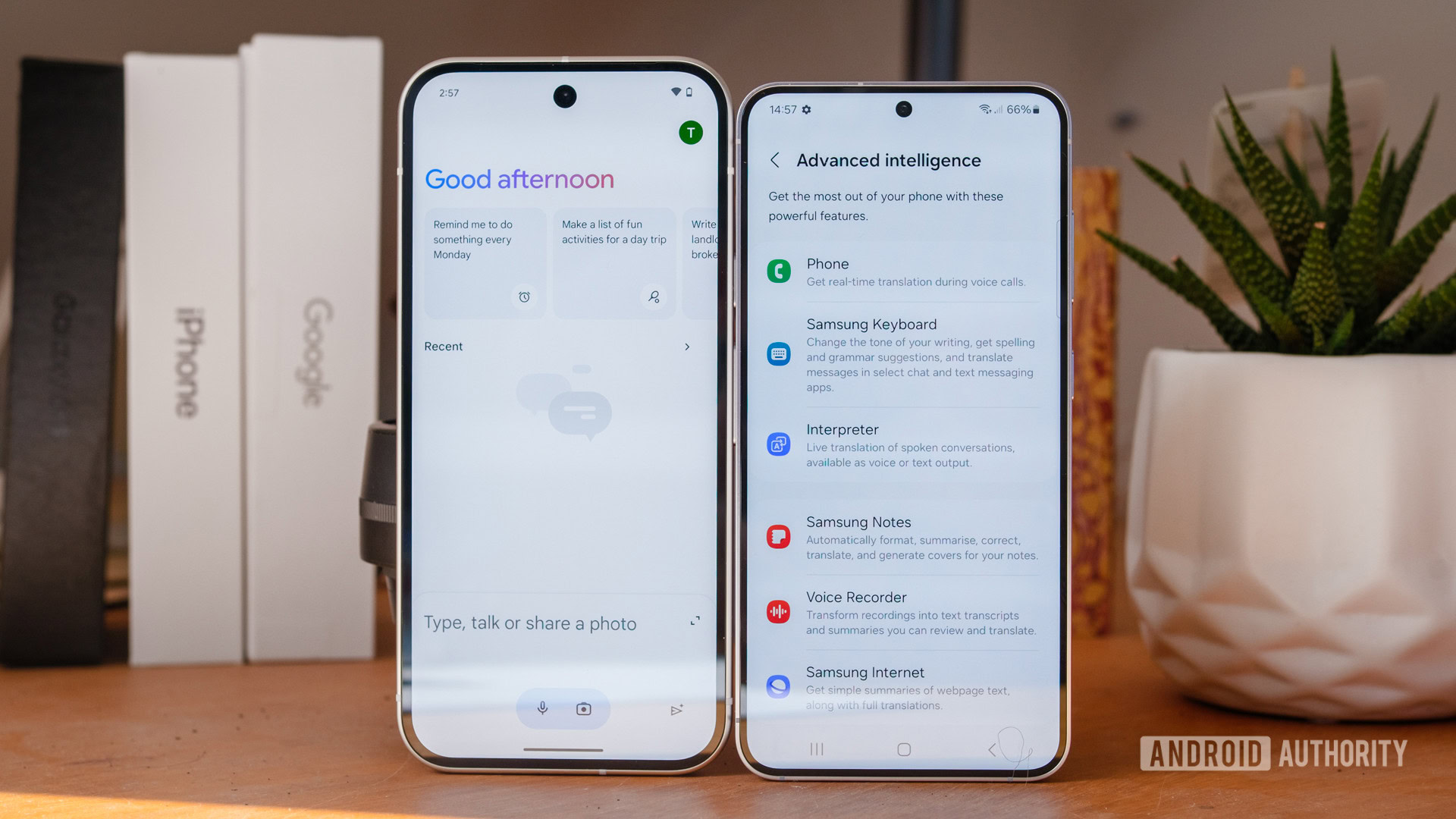
Robert Triggs / Android Authority
Given that modern AI models require copious amounts of memory and computing power, it has always been tempting to send everything to a powerful server in the cloud for processing and that’s exactly the approach most companies have taken so far. However, the cloud is just a euphemism for someone else’s computer, and I’m sure many of us are not comfortable with my personal emails, photos, and text messages being fed into some giant AI training model. Likewise, I hate the thought of some random employee at a tech giant stumbling upon my personal data, even if it’s all anonymized. And about the worst thing that could happen is an unforeseen leak that exposes everything for the world to see.
So even though I’m typically one of the earliest adopters of new technologies, I’ve strayed away from enabling many AI features on my personal phone. However, Apple got my attention last year when it announced the details of its privacy-centric approach to AI with an emphasis on local processing and measures that would prevent the company from accessing user data. But given that I’m deeply entrenched in the Android ecosystem, I never made the switch.
Samsung’s Personal Data Engine seems promising in that it’s the South Korean company’s attempt to address the same privacy and data security concerns. As I understand it, the core idea is to keep your personal data on the device. Instead of sending everything to the cloud for processing, the AI learns your habits and preferences locally. This is primarily what Samsung is betting will differentiate them. While they won’t admit it outright, I can see the feature as a move to position themselves as the Apple of Android by offering a privacy-focused alternative in a world dominated by Google’s cloud-centric AI strategy.
Samsung is trying to follow Apple’s footsteps with AI privacy.
With Gemini now making its way to every Android device and most other AI features no longer device exclusive either, Samsung needs a way to stand out from the pack. The idea of a Personal Data Engine with on-device AI processing is a huge selling point for me. But that’s only if it works as advertised. And that’s a big if.
Samsung’s marketing materials are full of buzzwords like “post-quantum” cryptography – which, frankly, is just marketing mumbo jumbo. Post-quantum encryption is important for the future when quantum computers become powerful enough to break current encryption methods. It’s definitely not something you need to worry about today. I wish they’d focus less on the jargon and more on the nitty-gritty details. How exactly does the Personal Data Engine work? What data is collected? How is it secured? What are the limitations? Can I control what data is used?
Say what you will about the iPhone’s AI features not living up to what you can find on Android but Apple’s Private Cloud Compute has an in-depth document explaining how it works, and the company has made the core technologies transparent to security researchers. Samsung has yet to match this level of commitment but I’m hoping it will get there in time.
What’s your reaction?
Love0
Sad0
Happy0
Sleepy0
Angry0
Dead0
Wink0


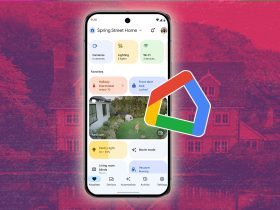



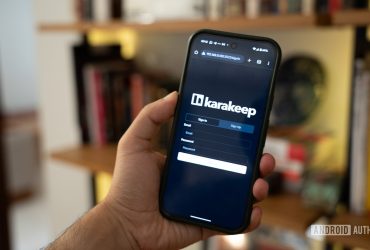
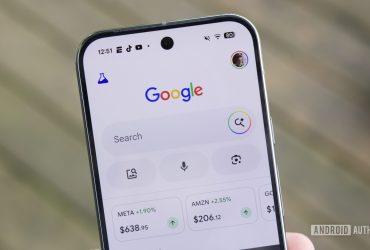


Leave a Reply
View Comments